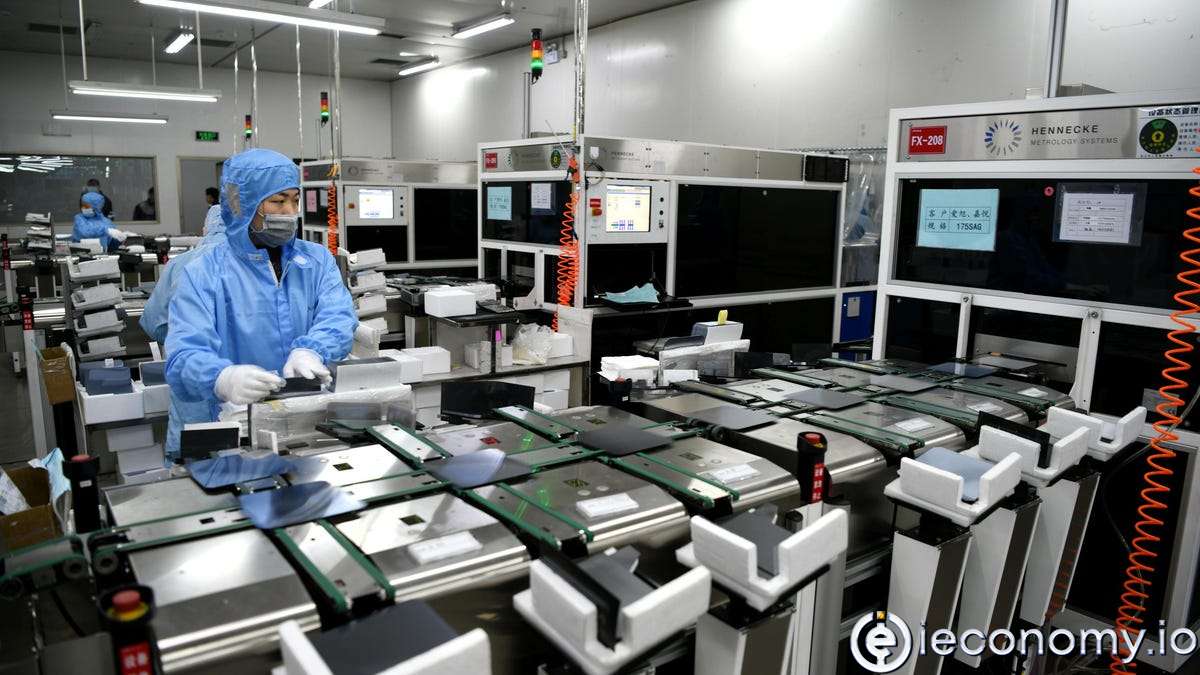4103
0
Study reveals consequences of the shortage of semiconductors
According to a recent study, the shortage of semiconductors will lead to a loss of production of around five million vehicles this year.

Yazar: Tom Roberts
Yayınlanma: 12 Temmuz 2021 01:17
Güncellenme: 18 Şubat 2026 18:40
Study reveals consequences of the shortage of semiconductors
According to a recent study in the auto industry, the shortage of semiconductors will lead to a loss of production of around five million vehicles this year. By the end of the year, 74.8 million new registrations are expected worldwide, that would be 9.3 percent more than in the Corona year 2020, according to Ferdinand Dudenhöffer's analysis of the Duisburg Center Automotive Research. Without a bottleneck, however, around 80 million cars could be sold. Dudenhöffer explained that his institute has already evaluated the production cuts that have already been carried out and foreseeable. It turns out that the situation will get worse in the second half of the year: "The delivery times will be longer, and there will still be production downtimes in 2022." In the first five months of this year, the global car market grew by 34 percent compared to the same period last year, according to the study. In the second half of the year, the growth is likely to be significantly smaller. It was only on Monday that the Association of the Automotive Industry (VDA) reduced its forecast for domestic production for this year from 4.0 million cars to just 3.6 million vehicles. Dudenhöffer's institute assumes that the scarcity of semiconductors, the basic material of microchips, will have an impact by the beginning of 2023. After that, a new bottleneck should become noticeable - in battery cells for electric cars. Because, at least temporarily, the demand for lithium-ion batteries threatens to exceed supply, according to the study.İLGİLİ HABERLER





European stocks soared and focus shifted to German retail sales after Powell's speech!

Forex Signal For TRY/USD: Inflation Slowdown in November.

Forex Signal For GBP/USD: Bullish Trend Still Not Breaking While Recovery Continues.

Forex Signal For EUR/USD: Starry US Data Points to Higher Fed Increases.

Forex Signal For BTC/USD: Downside Continues as Bitcoin Recovery Moves Less.
En Popüler Haberler
Yorum Yap
Yorumlar
Henüz yorum yapan yok! İlk yorumu siz yapın...